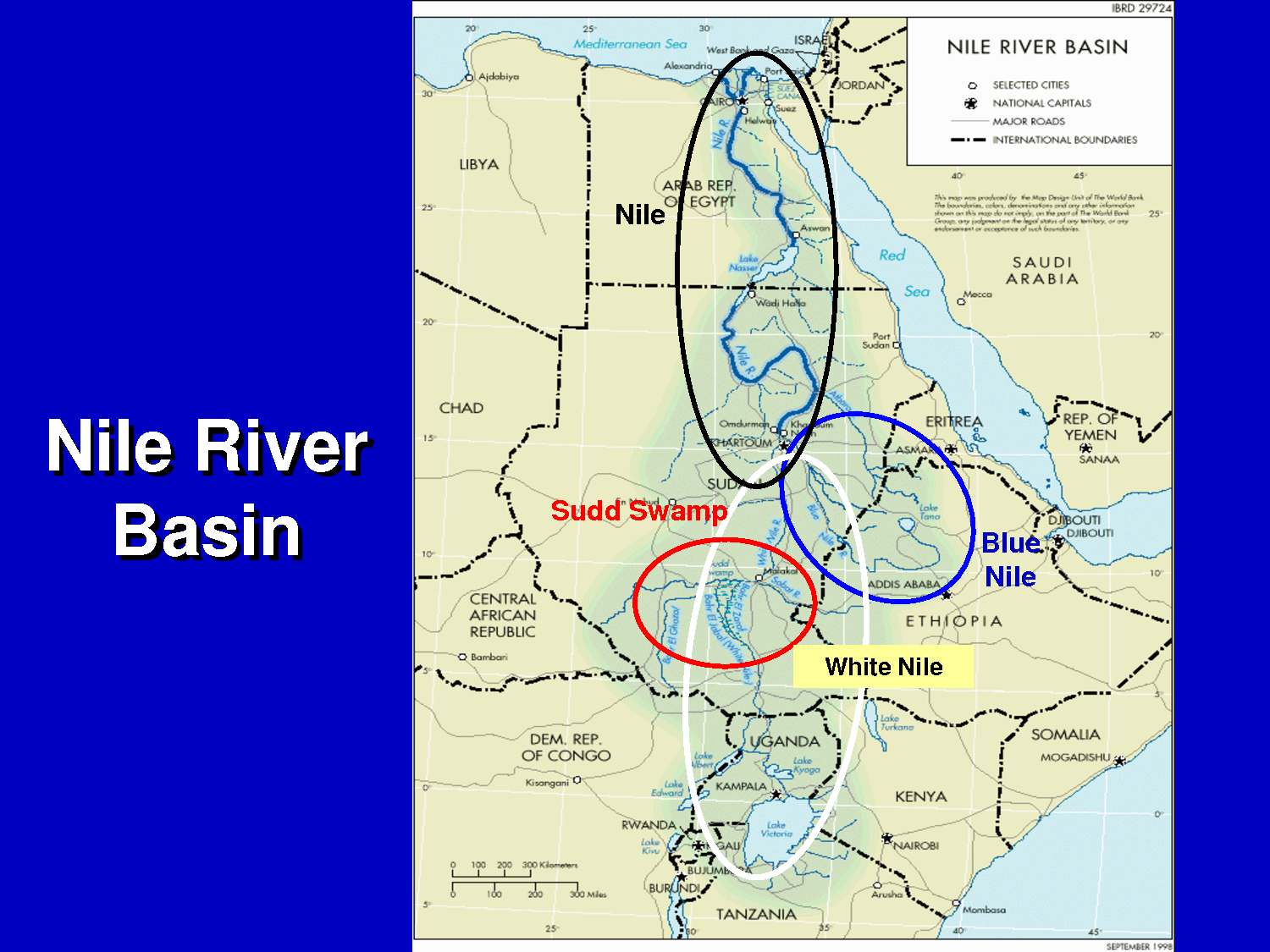Beyond the Nile’s Banks: Why the Fight Over the Nile Is About More Than Water
An exploration of resource scarcity, regional power struggles, and the historical grievances fueling the Nile Basin Dispute.
Abstract
This essay explores resource scarcity, regional power struggles, and historical grievances fueling the Nile Basin Dispute.
The Nile — the world’s longest river — is an indispensable water source for several African nations, including Egypt, Ethiopia, and Sudan. It has also been a source of their conflicts and interstate (and intrastate) wars for over a century (Palios, 2019). The struggle for water between these countries is recognized internationally as a significant cause of recent armed conflicts. Exacerbating the situation are the ancient religious and mythological beliefs attached to the river (Milicich, 2019).
The conflict intensified in 1821, rooted in competing claims to the Nile’s waters. Power struggles stemmed from each country’s entitlement to the river’s water. Each country’s need to control the river’s flow and resources led to an invasion of Sudan and, in 1875, to Egypt's occupation of Ethiopia. Thereafter, the Anglo-Egyptian War broke out, which instigated the British colonization of Egypt (Acquafredda, 2021). British rule persisted until 1952.

Published
How to Cite
Issue
Section
License
Copyright (c) 2025 Donna A. Martini

This work is licensed under a Creative Commons Attribution-NonCommercial-NoDerivatives 4.0 International License.




